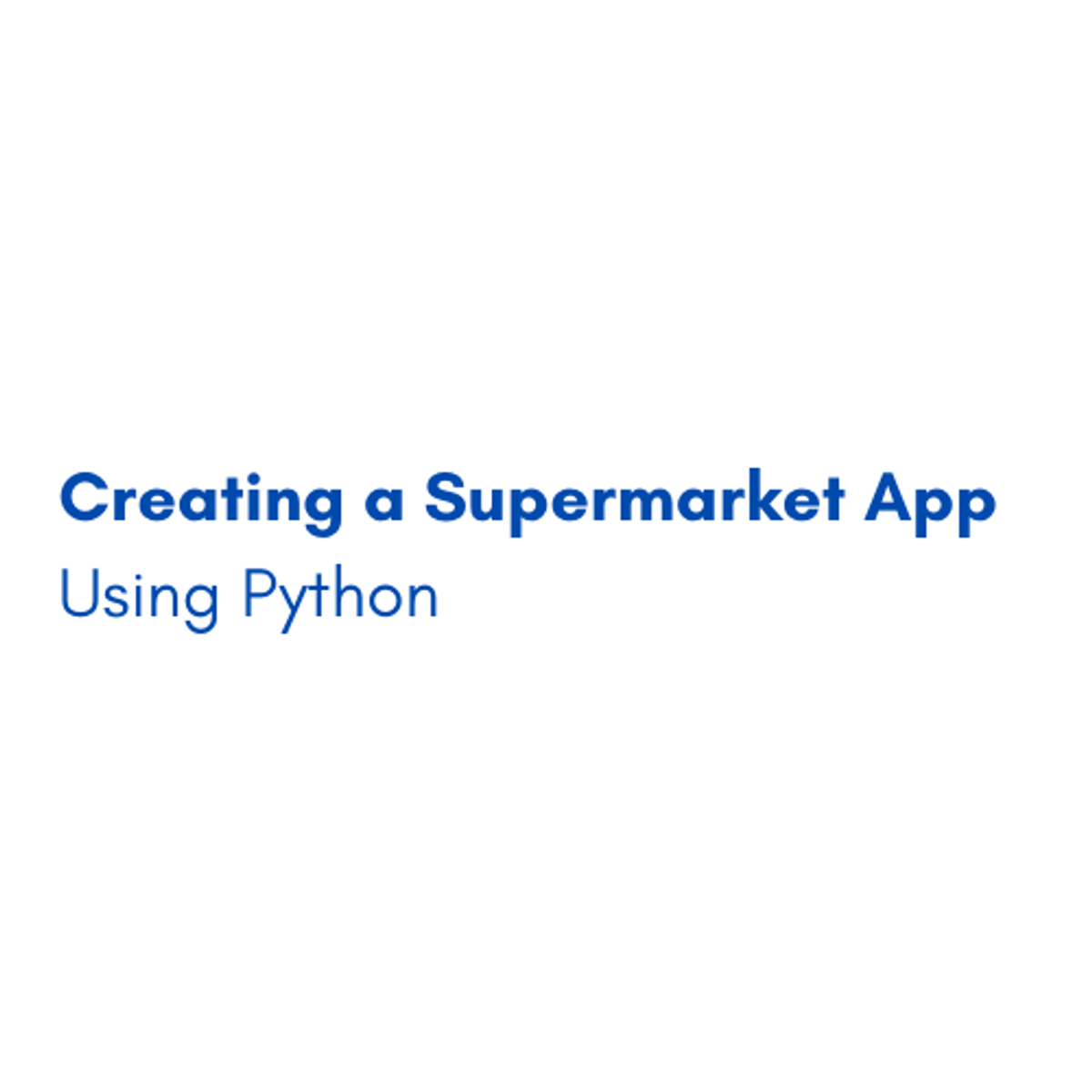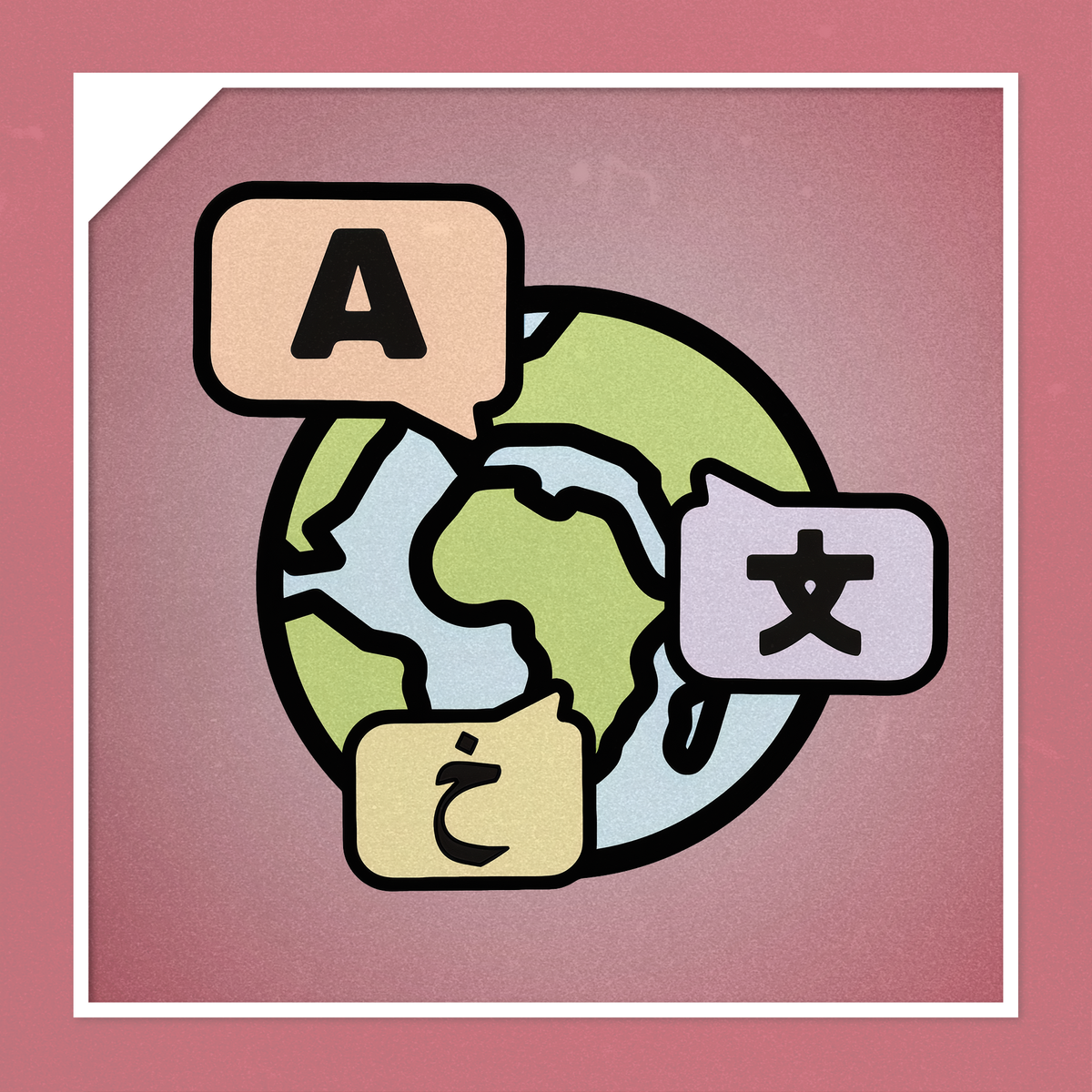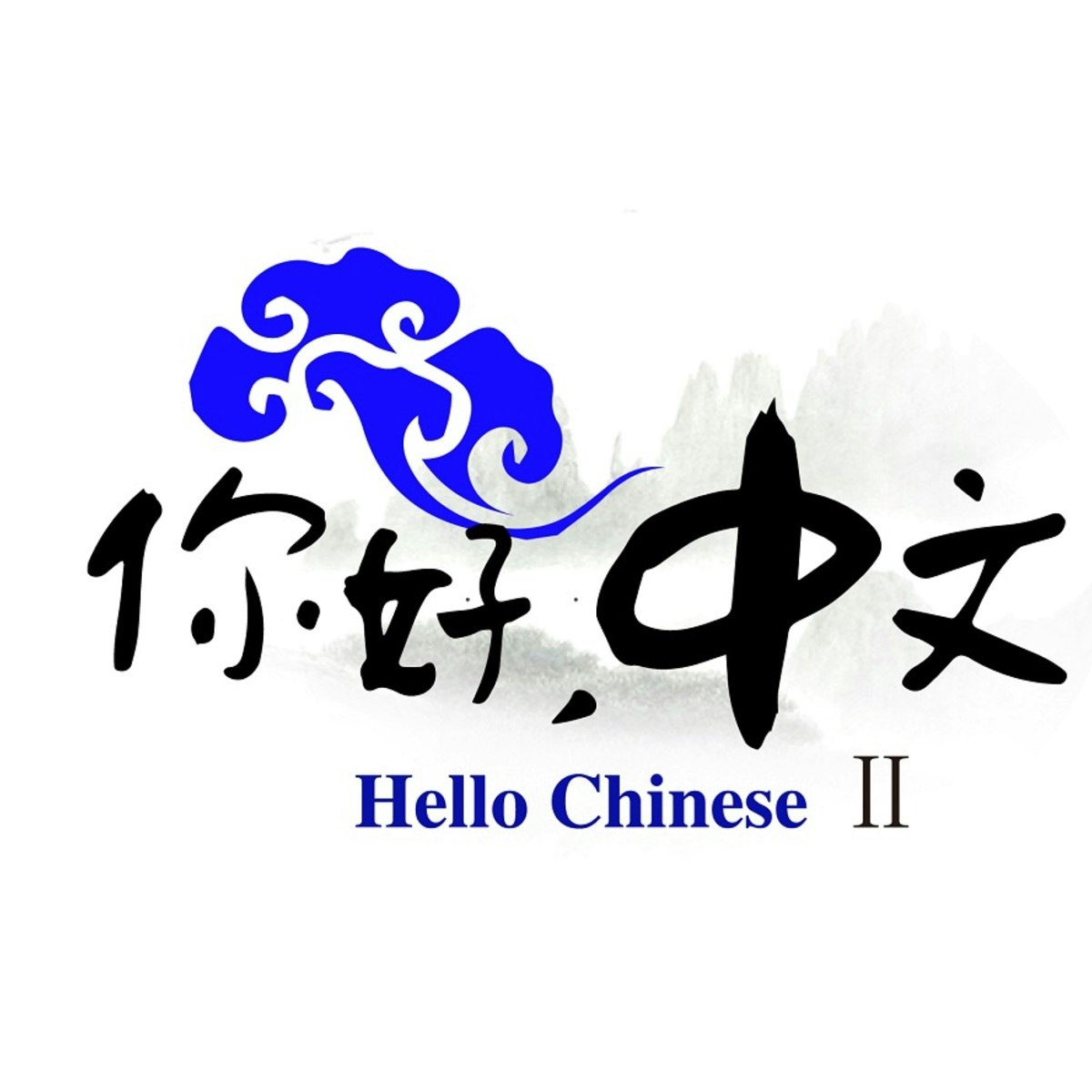Back to Courses









Language Learning Courses - Page 6
Showing results 51-60 of 153

Creating a Supermarket App Using Python
By the end of this project, you will be able to code a fully functioning supermarket system using Python programming language. Throughout this guided project, you will be able to identify and apply more intermediate concepts in Python, such as dictionaries and exception handling, to be used with the basic python concepts, such as if conditions and loops. Each part of this project will prepare you to code on your own in Python language, whether to construct a supermarket system or simple coding.
Note: This course works best for learners who are based in the North America region. We’re currently working on providing the same experience in other regions.

Miracles of Human Language: An Introduction to Linguistics
Everywhere, every day, everybody uses language. There is no human society, no matter how small or how isolated, which does not employ a language that is rich and diverse. This course introduces you to linguistics, featuring interviews with well-known linguists and with speakers of many different languages. Join us to explore the miracles of human language!
The Miracles of Human Language introduces you to the many-faceted study of languages, which has amazed humans since the beginning of history. Together with speakers of many other languages around the world, as well as with famous linguists such as Noam Chomsky and Adele Goldberg, you will learn to understand and analyse how your native tongue is at the same time similar and different from many other languages. You will learn the basic concepts of linguistics, get to know some of the key features of big and small languages and get insight into what linguists do.
This course gives an introduction into the study of languages, the field of linguistics. With the support of the basic linguistic terminology that is offered in the course, you will soon be able to comment both on variety between languages, as well as on a single language’s internal structure. Anyone who wishes to understand how languages work, and how they can give us insight into the human mind is very welcome to join.
The course is useful if you want to get a fairly quick introduction into linguistics, for instance because you are considering studying it further, or because you are interested in a neighbouring discipline such as psychology, computer science or anthropology. Furthermore, the course will help you develop analytical skills.
If you are curious to understand how language works and how it gives insight into the human mind, this course is definitely for you!

Linguistic Diversity, What for?
What is linguistic diversity? What are its implications and opportunities? How is diversity around the world? How is it experienced, understood and managed in different contexts? What is your knowledge and experience about languages and diversity?
In this course we approach linguistic diversity and multilingualism not only from a theoretical point of view, but also from a perspective oriented to help understand and manage various contexts that emerge from diversity in different environments of social interaction.
The contents will cover aspects related to the conceptual and legal frameworks and to specific cases of linguistic diversity. You are invited to enrich these contents with your contribution.
Through this course, we hope to create a platform of sharing and discussion in order to enrich all participants’ knowledge, open perspectives and encourage the defense and promotion of linguistic diversity.
You can see the promotional video of the course at this link: https://youtu.be/aVzCKGtuNPY
Join us!
This course has been designed by Linguapax International, with the support of the Department of Culture and the Department of Foreign Action, Institutional Relations and Transparency of the Catalan Government and with the collaboration of the UNESCO Chair in Linguistic and Cultural Diversity of the Institute of Catalan Studies.

Translation in Practice
This course offers you basic but valuable techniques used by a good translator in the translation between English and Chinese. We’ll discuss what is translation, what is good translation, and learn about how to produce good translations.
All the examples used in this course are taken from the course instructor's own translations of various genres and topics of writing. These examples are elaborated on to show you how to understand the idea, style and tone of the writer, the historical and cultural context of the writing, as well as the explicit and implied meanings of words, the grammatical structures of sentences, and the logic of sentences and paragraphs in order to achieve faithfulness, expressiveness, and elegance in the translation.
After completing this course, you will know what makes a qualified professional translator and acquire the abilities and skills that such a translator needs

Business English: Finance and Economics
Do you work in finance or interact with finance professionals? Is it necessary to speak, write or understand English in your career? Follow the authentic characters in this course as they work through common business situations in finance and economics. Learn from your successes and failure, and think critically about your own communication options. After taking this course, you will be able to read and create efficient e-mails, reports, and impactful presentations with words and phrases commonly used in finance and economics. Communicate clearly under pressure utilizing recently learned strategies, and obtain immediate feedback about the efficiency of your business communication skills in English from other finance professionals around the world! Gain the English communication skills that you desire and that global managers expect.

Advanced Writing
Course 3: Advanced Writing
This is the third course in the Academic English: Writing specialization. By raising your level of academic writing, this course helps prepare you for college-level work.
After completing this course, you will be able to:
- plan and write a more sophisticated argument essay
- identify plagiarism and explain how to prevent it
- read and analyze several articles to form your own opinion on a topic
- make connections between several articles
- form thesis statements from your readings
- use sources effectively when writing an essay
Please note that the free version of this class gives you access to all of the instructional videos and handouts. The peer feedback and quizzes are only available in the paid version.

Mandarin Chinese for Intermediate Learners: Part 3
"Mandarin Chinese 3: Chinese for Intermediate Learners" is the third course of the MOOC specialization "Learn Intermediate Mandarin Chinese" created by Shanghai Jiao Tong University.

Grammar and Punctuation
Course 1: Grammar and Punctuation
Do you need to review English grammar? Have you forgotten the grammar you once studied? If so, this course is perfect for you.
The first course in this specialization is a refresher on some tools needed for good writing. It will help prepare you for the other courses. You will need about 10 hours to complete this first course. Writing is a skill and to learn a skill well, you need to practice. In this course, you will watch short video lectures and then practice and discuss what you have learned. Make sure you take good notes and use the peer discussions to ask questions. Then you'll be able to remember the rules you learn in this course when you start writing essays in the next course.
After completing this course, you will be able to:
- identify the correct verb tenses to use
- use commas effectively
- utilize several different sentence types
- write more effectively in English
Please note that the free version of this class gives you access to all of the instructional videos and handouts. The peer feedback and quizzes are only available in the paid version.

Build Your Professional ePortfolio in English
Roughly half of the world’s population is already online and so setting yourself apart from the crowd is more important than ever before. One of the best ways to do that is by creating your own ePortfolio. An ePortfolio is a site that showcases or shows your background, your resume, and samples of your work. In this course, you will learn step by step how to build the site and you’ll learn the grammar, vocabulary and writing skills needed to create it. You will learn how to apply information from your ePortfolio to other online tools like LinkedIn, Twitter, Instagram and YouTube in order to network with others so that you get a job or connect with other professionals. For each step in that process, you will listen to lectures, take comprehension quizzes, and learn how to use English appropriately to each part of your site. You will also complete self and peer assessments and gain the needed skills to make your ePortfolio a reality and establish yourself online.
By the end of this course, you will be able to
• Write a proper headline or title for your ePortfolio
• Describe your work in 1 sentence and in longer forms
• Identify how to use hashtags effectively
• Write an effective summary about yourself and your work
• Apply appropriate vocabulary to write your education and professional experience for your resume
• Understand how to write a tweet to get a job
• Discover how to write specific comments and network work with others
• Apply what you have on your portfolio to other tools like Instagram, Twitter, LinkedIn or YouTube.

Oralpha: Literacy for new citizens, a course for trainers
You are interested in welcoming processes of migrants and refugees? You want to dedicate yourself to teaching lamguage and literacy? The objective of this course is to get to know the simultaneous process of literacy and language learning in the host society for migrated young people and adults.
The linguistic integration is key for integration in the society. This course offers insight into international migration today and the real linguistic needs of migrated people in the countries of arrival. Furthermore, throughout the course you can learn about teaching methods and tools in language learning and literacy. The focus is on oral competencies, and processes starting from the students’ needs and difficulties them and the teaching staff are facing, implementing hands on experience and providing practical solutions supporting your class.
Popular Internships and Jobs by Categories
Find Jobs & Internships
Browse
© 2024 BoostGrad | All rights reserved